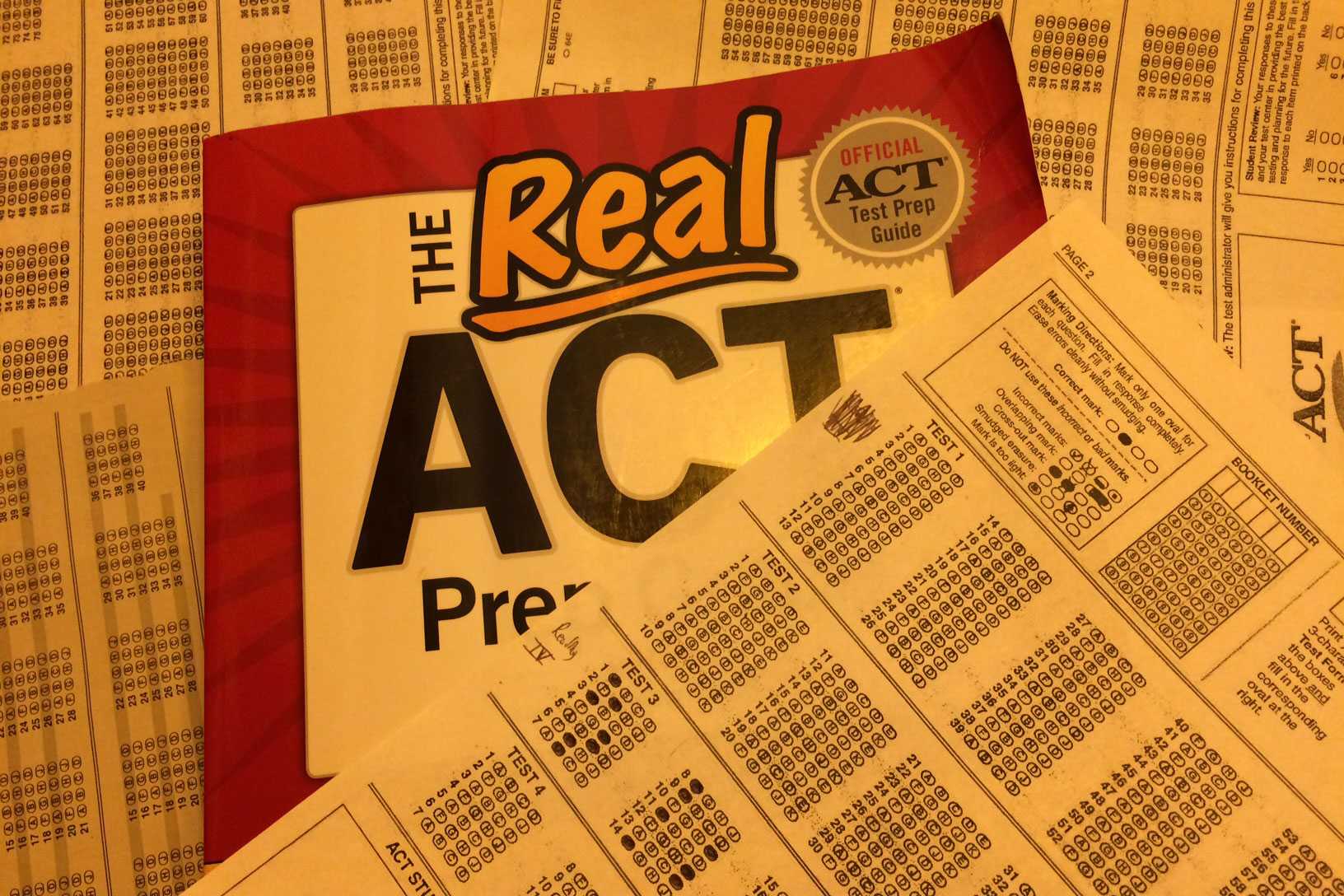ACT found unfair test
Through favoring students with higher family incomes and disadvantaging those with learning deficiencies, the ACT has become an unequal test
March 19, 2015
In the late 1800s, the College Entrance Examination Board was created to establish a test that would act as a universal way to decide a student’s readiness for college. In 1901, the board established the first standardized exam. In 1959, the ACT was created by an education professor at the University of Iowa in attempt to survey college and career readiness. Both exams were created with a desire to set a universal standard for all high school students across the United States.
Despite the ACT and SAT’s attempt to “level the playing field” for all students across the US, it does just the opposite. As shown in the graph below, It has been statistically proven that standardized tests tend to favor students with entitled backgrounds.
Well-off students with educated parents can afford tutoring, better test preparation materials, and the ability to take the test multiple times. One Hopkins High School student said: “My parents told me that if I wanted to take the ACT more than once I would have to pay for it myself.”
Not only do standardized tests give a disadvantage to lower class students but they also tend to marginalize students with learning deficiencies by refusing to provide some of these students with the extra time they deserve. According to an ACT tutor who requested animosity, “One of my students has had ADHD their whole life, yet the ACT refuses to grant them extra time. As a result, this student’s score does not reflect their knowledge of the content.”
If the ACT and SAT’s role is to determine a student’s college and career readiness, they will need to shift their questions to a more creative and problem-solving geared lens. Chinmaey Kelkar ‘16 puts it best when he says he would make standardized tests “a little more creative to test more problem solving skills rather than what you know or what you can study. That way can test somebody’s pure ability to solve problems and creativity.” He believes this change would truly level the playing field because “[problem solving and creativity are] not things you can teach or things you can get from tutoring.” A more creative and problem solving test would be a better way to truly test a student’s college and career readiness, as the majority of future jobs will value problem solving and creativity as opposed to writing things down or recalling information.
Standardized tests may not be the most accurate representation of a student’s knowledge, but they’re necessary and inevitable in today’s college process. Radek Chlebicki ‘15 offers his thoughts, “The ACT and SAT are competitions; they test [a student’s] ability to work fast and to answer as many questions correctly. [They test] how good [one’s] mechanical skill [are and by doing so determine if one] can perform the work of a computer.” Chlebicki says the process of standardized tests is frustrating but something one must push through because “you need college more than it needs you”.
